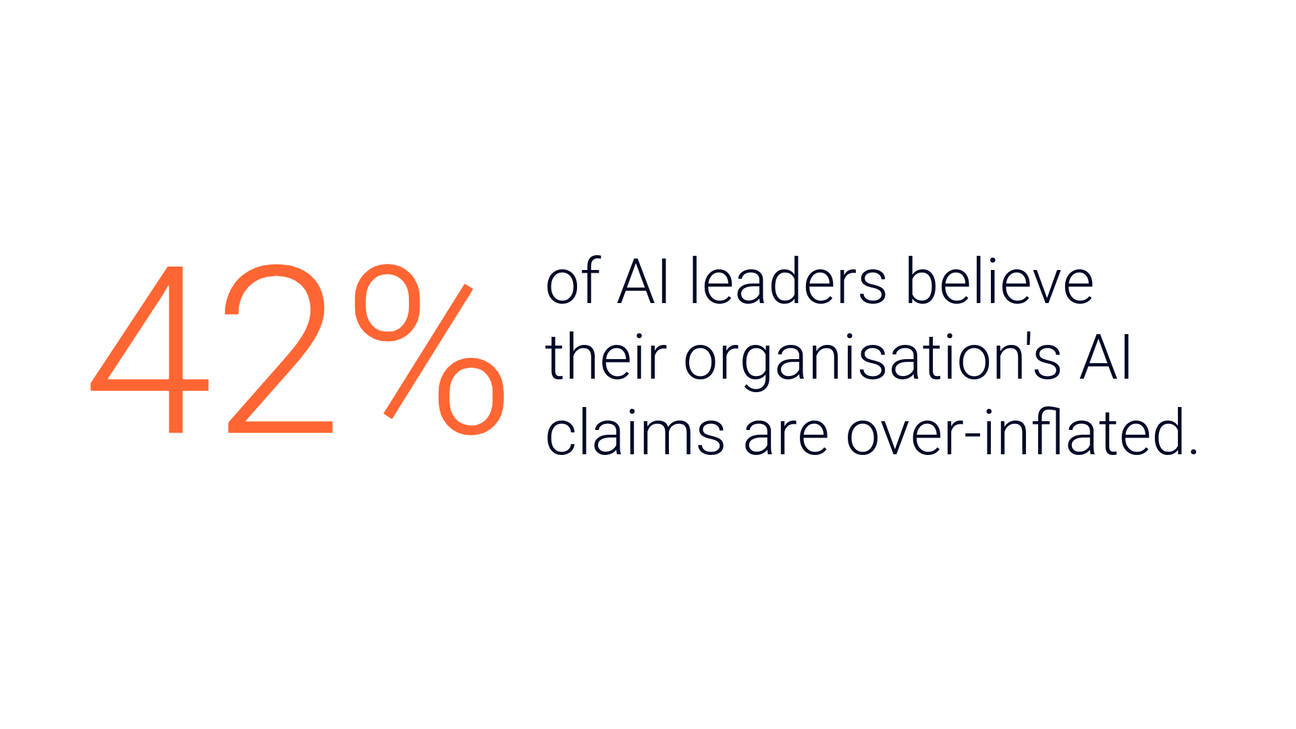How employees feel about AI
Check out our previous research findings on AI adoption from a survey of 4,000 knowledge workers across the UK, USA, Canada, and Germany.





AI adoption is splitting workplaces in two: for some it's a growth engine, for others a culture of fear.

| Value reported | 'Sceptic' leaders | 'Realist' leaders |
|---|---|---|
| Improved work quality due to AI | 43% | 58% |
| Time savings due to AI | 36% | 61% |
| Increased output due to AI | 35% | 48% |
Leaders pushed to 'just adopt' at breakneck speed, without the right training or support, are far more likely to find themselves in a culture of fear around AI.








To unlock AI's true value, organisations must slow down enough to experiment responsibly, invest in training, and create an environment where both people and technology can thrive.
